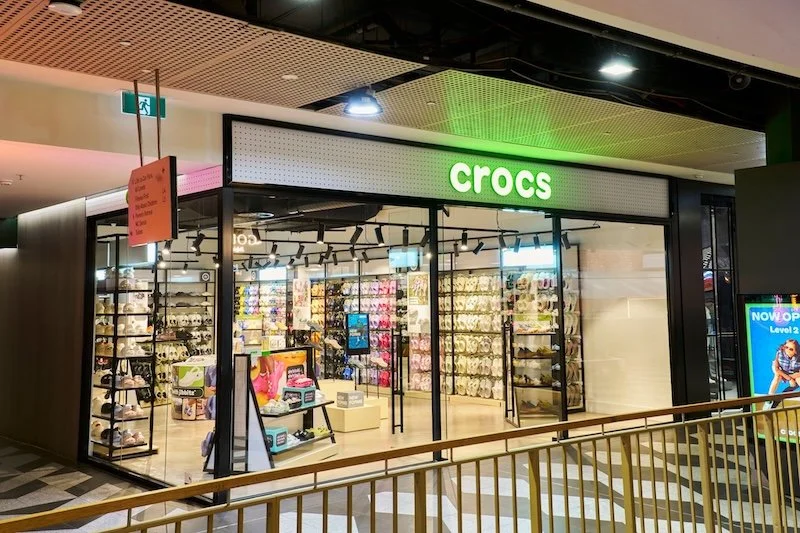Chinese online big hitters increase market share as coronavirus bites
2020 will prove to be a disruptive year for retail sales in China, but the big hitters will only get bigger when it comes to the major e-commerce platforms, according to eMarketer.
Alibaba has long been the dominant player by virtue of its Taobao and Tmall options, and it will continue to hold the top position for the foreseeable future. JD.com will maintain its second place position, and Pinduoduo (PDD) will continue to impress.
The only change in positioning to emerge from the coronavirus pandemic is that market share will increase for each of the major players, at the expense of the smaller players. This had not been the case in recent years.
Alibaba held 55.8% of the retail e-commerce market in 2019. eMarketer expects that share to grow by 0.2% (it previously predicted a slight decline), even though Alibaba’s growth will increase at a slower rate than previously forecast (16.5% instead of 18.7%).
JD.com will experience the same phenomenon. PDD, a newer player on the block, will continue its explosive trajectory, leading to a collective decline in share for the remainder of the top 10, which includes smaller challengers like Suning, Vipshop and Mogujie
Amid the unprecedented disruption of the Covid-19 pandemic, China’s retail market is expected to decline for the first time on record (dating to at least 1985). eMarketer estimates that retail sales in the country will shrink by 4% this year, despite e-commerce growing by 16%.
China will, however, become the largest retail market in the world this year, because the US market will shrink by an even larger margin. “Like in many other countries in 2020, China’s retail e-commerce performance is a tale of two countervailing coronavirus-related outcomes,” says eMarketer analyst Ethan Cramer-Flood.
“On the one hand, e-commerce jumped because China’s residents were forced to remain indoors for long stretches and could not go to brick-and-mortar stores. On the other hand, e-commerce has been constrained by recessionary pressures, negative consumer confidence, and a short-term move away from luxury items and discretionary purchasing (which form the core of many e-commerce platforms).”










Continue reading…